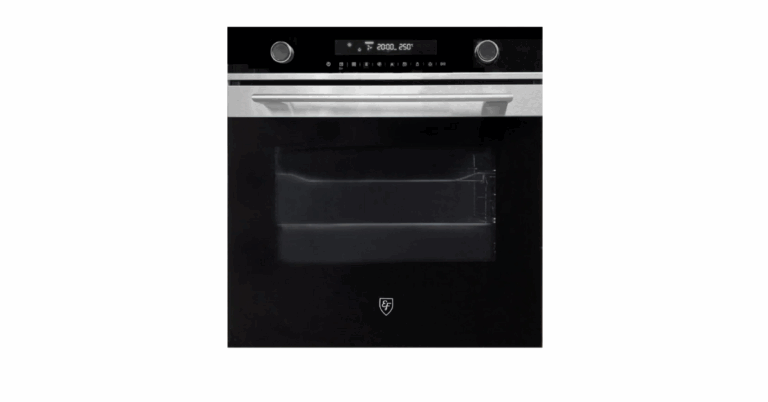The Ultimate Guide to Choosing the Best Residential Air Conditioning Installation: Key Factors, Tips, and Expert Recommendations
When it comes to ensuring comfort in your home, few things are as essential as a well-functioning air conditioning system. Whether you’re replacing an old unit or installing a new one in a recently constructed home, choosing the Best Residential Aircon Installation is crucial for your comfort, energy efficiency, and long-term savings. This comprehensive guide will walk you through everything you need to know to make an informed decision.
1. Understanding Your Needs
The first step in selecting the right air conditioning system for your home is understanding your specific needs. Consider the following factors:
- Home Size and Layout: The size of your home and the layout of your rooms will determine the type and capacity of the air conditioner you need. Larger homes may require a central air conditioning system, while smaller spaces might be adequately served by a ductless mini-split system.
- Climate: The climate of your region plays a significant role in determining the type of air conditioning system you should install. Hotter climates may require more robust systems with higher efficiency ratings.
- Energy Efficiency: Consider the energy efficiency of the air conditioning system. Look for units with a high SEER (Seasonal Energy Efficiency Ratio) rating, as these will provide better cooling with lower energy consumption, ultimately saving you money on utility bills.
2. Types of Air Conditioning Systems
Understanding the different types of air conditioning systems is essential to make the right choice. Here are the most common types:
- Central Air Conditioning: Ideal for cooling large homes, central air systems distribute cool air through a network of ducts. They are efficient but can be expensive to install, especially in older homes without existing ductwork.
- Ductless Mini-Split Systems: These systems are perfect for homes without ductwork or for cooling individual rooms. They are energy-efficient and easy to install, offering flexibility in terms of placement.
- Window Units: Suitable for cooling single rooms, window units are affordable and easy to install. However, they are less energy-efficient and can be noisy.
- Portable Air Conditioners: These are movable units that can cool a single room. While convenient, they are often less efficient and noisier than other types.
3. Choosing the Right Installer
Once you’ve selected the type of air conditioning system, the next crucial step is finding the right installer. A professional installation can make a significant difference in the performance and longevity of your system. Here are some tips for choosing the best installer:
- Experience and Credentials: Ensure the installer has the necessary licenses and certifications. Experience is key, so look for a company with a solid track record.
- Reputation: Read reviews and ask for references. A reputable installer will have positive feedback from previous clients.
- Warranty and Support: Check if the installer offers a warranty on their work and whether they provide ongoing support and maintenance services.
4. The Installation Process
Understanding the installation process can help you prepare your home and ensure everything goes smoothly. Here’s what to expect:
- Site Evaluation: The installer will assess your home to determine the best location for the unit and the necessary preparations.
- Ductwork and Electrical Work: If you’re installing a central air system, the installer may need to add or modify ductwork. They will also ensure that your electrical system can handle the new unit.
- Installation and Testing: The air conditioning unit will be installed, and the installer will test the system to ensure it’s working correctly.
5. Maintenance Tips for Longevity
Proper maintenance is key to ensuring your air conditioning system operates efficiently and lasts for years. Here are some tips:
- Regular Filter Replacement: Change or clean filters regularly to maintain airflow and efficiency.
- Annual Professional Maintenance: Schedule an annual check-up with a professional to inspect and tune-up your system.
- Keep the Area Clean: Ensure the area around your outdoor unit is free from debris and plants to avoid airflow restrictions.
6. Energy Efficiency and Cost Savings
Choosing an energy-efficient air conditioning system can significantly reduce your energy bills. Look for systems with Energy Star ratings and high SEER ratings. Additionally, consider investing in a programmable thermostat to optimize cooling when you’re home and save energy when you’re not.
7. Final Thoughts
Selecting the best residential air conditioning installation involves careful consideration of your home’s needs, the type of system, and the installer’s expertise. By following the tips and recommendations in this guide, you can ensure a comfortable and energy-efficient home for years to come. Remember, a well-installed and maintained air conditioning system is an investment in your home’s comfort and value.







